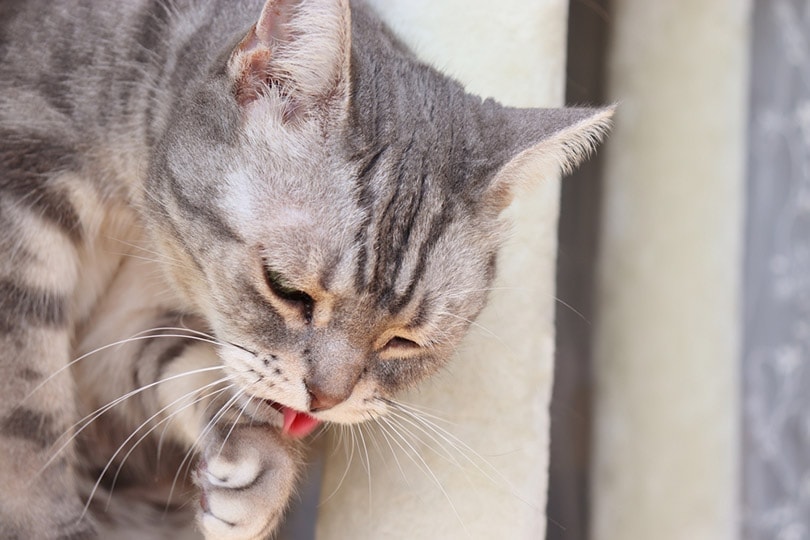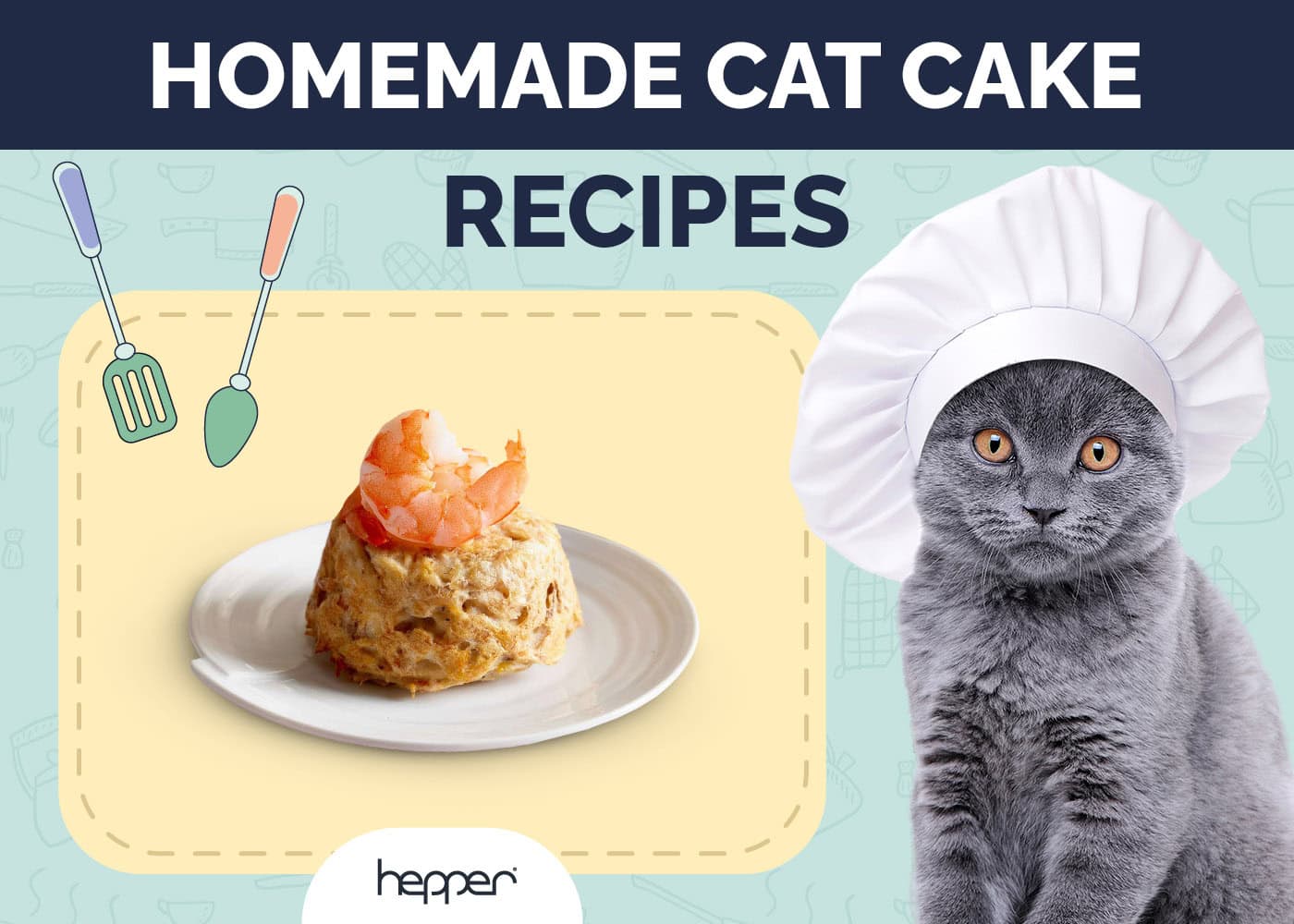Can Cats Eat Cookies? Vet-Approved Health Guide

Updated on

Cats are known for their curious and often finicky eating habits, leaving many pet owners wondering about the safety and suitability of various human foods for their feline companions.
Among the many treats that might pique a cat’s curiosity are cookies, those sweet and delightful baked goods enjoyed by humans worldwide. But can cats eat cookies without any harm? It is generally not recommended for cats to eat cookies designed for humans. While consuming a small amount of cookies may not cause any immediate harm, it may not suit well for their specially designed digestive systems.
What Are Cats Supposed to Eat?
Cats, as obligate carnivores, thrive on a diet that primarily consists of animal protein. In the wild, their diet includes small prey such as rodents, birds, and insects. These creatures offer protein and essential nutrients that cater to a cat’s nutritional needs. Cats have evolved to thrive on a diet rich in animal-based protein, which provides them with vital amino acids, like taurine and arginine, that are essential for their overall health.
When considering what domestic cats are supposed to eat, it’s essential to replicate their ancestral diet as closely as possible. High-quality commercial cat food that lists meat, poultry, or fish as its primary ingredient can be a suitable choice. These specially formulated cat foods are designed to meet the unique dietary needs of felines, ensuring they receive the right balance of protein, fats, vitamins, and minerals. Speak with your cat’s veterinarian to determine what diets are best for your cat.
It’s crucial to avoid feeding cats on dog food or a diet predominantly composed of carbohydrates, as it can lead to nutritional deficiencies and health problems in the long run. While cats may exhibit curiosity towards human foods like cookies, their optimal diet remains firmly rooted in animal-based protein to keep them happy and healthy.
Major Risks of Feeding Cookies to Cats
Feeding cookies to cats can pose several significant risks to their health and well-being. Firstly, cookies are typically high in calories, sugar and carbohydrates, which are not part of a cat’s natural diet. Consuming sugary treats like cookies can lead to obesity, which can predispose them to a range of health issues including diabetes and joint problems.
Many cookies contain ingredients that are toxic to cats. Chocolate and cocoa, commonly found in various cookie recipes, contain theobromine and caffeine, which can lead to vomiting, diarrhea, rapid breathing, elevated heart rate, seizures, and potentially even death if ingested in large enough amounts.
Raisins, another ingredient in some cookies, can cause kidney failure in cats, and xylitol, a sugar substitute often used in sugar-free cookies, can potentially lead to hypoglycemia (low blood sugar), seizures, and liver failure in felines, although studies have shown that xylitol may not be as dangerous for cats as it is for dogs.

Are There Cookies or Treats for Cats?
Yes, there are cat-specific treats available that are formulated to be safe and enjoyable for feline consumption. These treats are designed with a cat’s unique dietary needs in mind, typically containing animal-based proteins and nutrients essential for their health.
Cat treats come in various flavors and textures, such as crunchy or soft, and can serve as rewards during training, as dental health aids, or simply as a way to show your cat some love.
Always opt for cat treats that are specifically labeled and formulated for feline consumption, as they are designed to meet their nutritional requirements and are free from ingredients that could be harmful to cats, unlike human cookies or treats.
What Ingredients Can You Put in Cookies for Cats?
When making homemade cookies for cats, it’s crucial to use feline-friendly ingredients that cater to their dietary needs. Suitable ingredients for cat cookies include high-quality meat or fish, such as chicken, turkey, or salmon, which should be cooked and finely shredded or pureed to provide protein.
You can incorporate small amounts of oat flour or whole wheat flour for texture, as well as an egg or water to bind the ingredients. Avoid adding sugar, salt, artificial sweeteners, or any seasonings, as these can be harmful to cats.
Keep in mind that cat cookies should be simple and free from any ingredients that might cause digestive issues or allergies, ensuring that your feline friend can safely enjoy an occasional homemade treat. Always consult with your veterinarian before introducing new treats or recipes into your cat’s diet to ensure they align with your cat’s specific dietary requirements and any potential health concerns your cat may have.

Final Thoughts
In conclusion, the question of whether cats can eat cookies has been explored, revealing the significant risks and drawbacks associated with sharing these sweet treats with our feline companions. Cats are obligate carnivores with specific dietary needs, primarily focused on animal-based proteins, which makes cookies an unsuitable choice for their nutrition.
While it might be tempting to indulge our cats in our own culinary delights, it is paramount to prioritize their well-being by opting for specially formulated cat treats that align with their dietary requirements. Ultimately, the key to a thriving feline companion lies in providing them with a diet tailored to their unique physiology and nutritional needs, ensuring they can enjoy a long, happy, and healthy life!
Featured Image Credit: Juan Luis Muñoz, Pixabay











